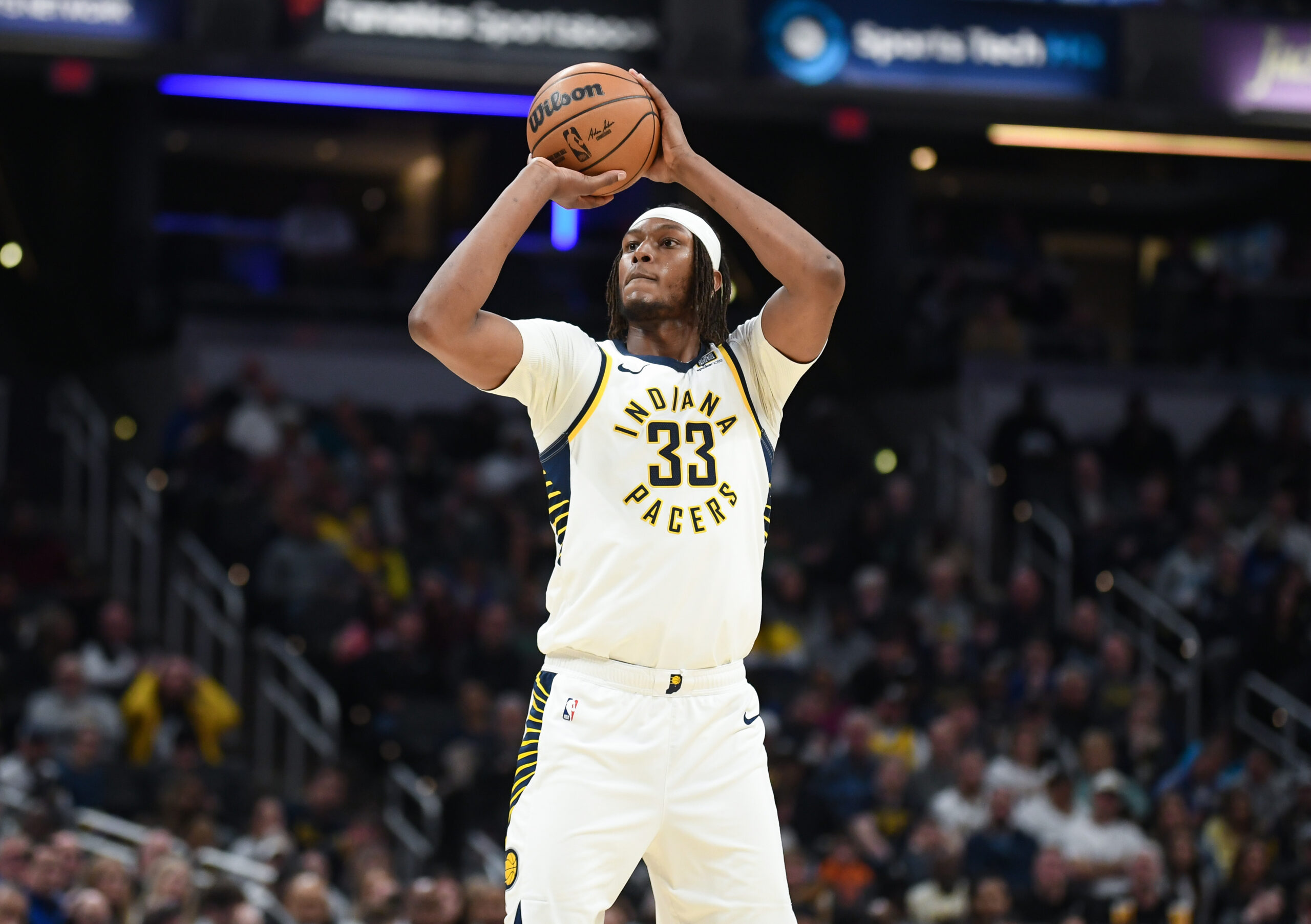Brunt: Stuart Scott changed everything

By CLIFF BRUNT
ISL Founder
Stuart Scott had me confused, in a good way.

As a brother growing up in inner-city Omaha, I was often told by those outside of the neighborhood that there were elements of my culture I had to be careful not to bring out too much if I was going to make it in life. How we spoke was among them.
As I navigated my way through college as a journalism student at Creighton University, looking for something or someone to give me hope that I could reach my dreams, I caught this brother who carried some of the inner-city language onto a national stage and had the knowledge to go with the flair.
Wow. That was a game changer.
Scott balanced professionalism and keeping it real as well as anyone I’ve seen or heard. I remember wondering in those days in the early- and mid-1990s if he would last, if he used too much slang, or if people would get tired of him. Some didn’t like it, but most did, and he became a legend. I respect Scott for being true to his roots in a world that doesn’t always appreciate it. I also respect him for being brilliant and working hard. Those qualities gave him the platform to deliver the catch phrases. Without those, he’s just another dude at the barber shop.
One of the best things about Scott was that so many of my friends from various backgrounds would try to sound like him or say the things he said. Most failed, some in epic fashion. That they tried speaks volumes about his influence.
As he became a part of pop culture, Scott blew away any limits on what we, as blacks in various forms of media, could be. He was especially important to me because he made it big without having to be a former pro athlete. Scott, David Aldridge, Stephen A. Smith and the late Bryan Burwell have been the most influential to me in that way. Now, I’m blessed to write for The Associated Press, covering the Oklahoma City Thunder and Oklahoma and Oklahoma State athletics. Without guys like Scott, reaching that level isn’t even on the table.
Scott’s battle with cancer inspired my wife, Christina, who has battled thyroid cancer. He said: “When you die, it does not mean that you lose to cancer. You beat cancer by how you live, why you live, and in the manner in which you live.” He has died, but he left a lot with us. Sports fans and, because of his battle with cancer, countless people who don’t care about sports at all, are better for having been reached by him.
Can I get a witness from the congregation?






